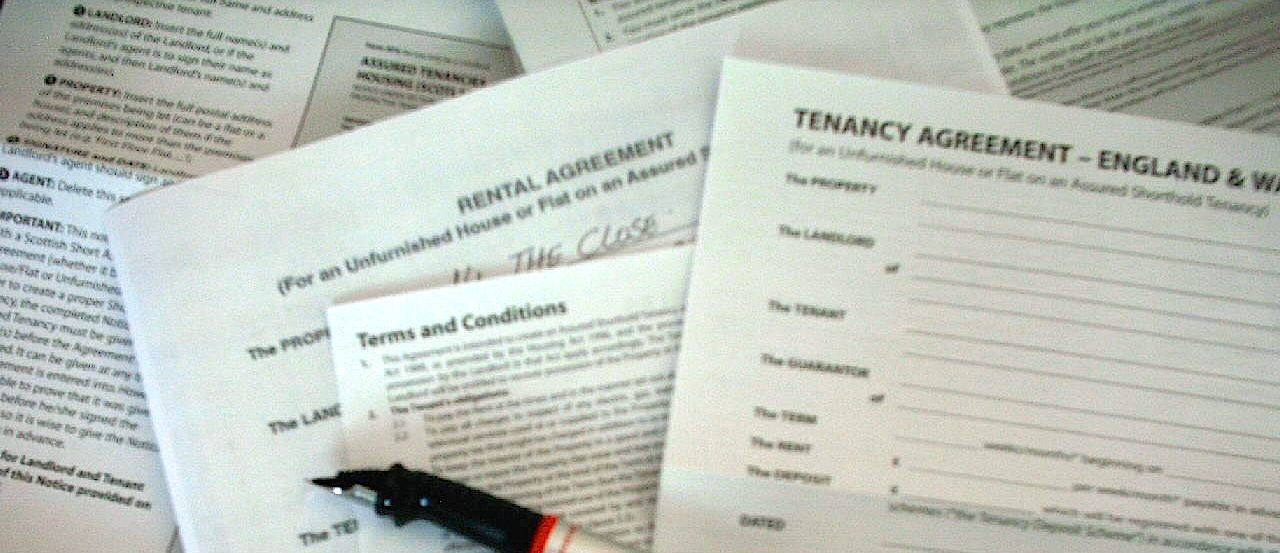Lease or Own: Which is Right for Your Business?
The decision to lease or own the location a business is located in is one of the most important that many small businesses experience as they grow. There is a myriad of factors that can cause confusion in addition to the legal and financial aspects of the decision. However, picking the right option is often a turning point in the success or failure of an enterprise.
Understanding the key differences.
The first thing to consider when looking at leasing or owning real estate is the key differences between the two. There the obvious differences, such as control of the property, but there are other differences that have an immediate financial impact. For example, when leasing a property, the upfront financial impact may be less as there is no major lump sum due for a down payment, however, the long-term costs are often higher. Owning the property may have additional maintenance costs that a leased property will traditionally have covered under their lease agreement.
The other aspect to consider is how the areas property values are increasing or decreasing. If the property is in an area with an increasing value purchasing the property is ideal, as its value is added to a company’s assets. If the property is an area where values are decreasing, or have stagnated, then leasing may be a better option. A decreasing or stagnated property value may also have an impact on the surrounding businesses. If multiple companies in the area have closed or relocated recently then a lease is preferable as it ensures continued mobility.
Loans and Financial health
All of this is, of course, predicated on whether a purchase is financially viable. Will a sudden loss of funds have a large impact on your company’s financial health? Will the long-term costs, like interest or repairs, be possible based on future financial outlook? There are loans that can help with the purchase of a property, however, some industries may not be as likely to receive loans from large banks. Brokers can assist in connecting businesses and loans, however concerns about location, costs, or business viability, may have an impact on how much a loan is worth or if it is given at all.
All of these things directly relate to the financial health of a business. As with any major decision a company must consider what the choice between owning and leasing will have on their bottom line and finances. The easiest way to understand that impact will be to conduct a cash-flow analysis. In order to do so you must know the purchase and financing terms, lease terms, the combined federal and state income tax rate for the company, the facility’s expected useful lifespan for the business, the estimated value at the end of its use, your cost of capital as well as any other costs that you would incur if you leased the facility but not if you purchased it, or vice versa.
Once that information is available a decision can be made on the opportunity to purchase versus renting, and a better understanding can be established for other major financial decisions.
Conclusion
The decision to rent or purchase real estate for a new or established business is a difficult one. It requires an understanding of not only the finances but what special needs each business has. A better understanding of each of these issues ensures that the process of making this decision is simplified. A financial broker can help find loans and determine which options are right for you.


